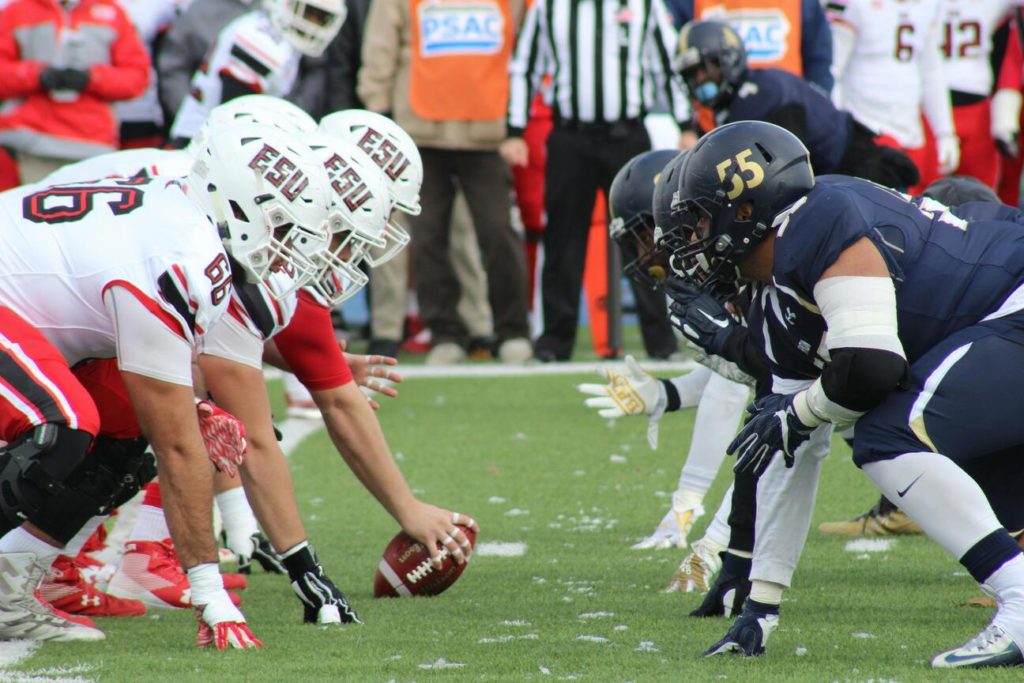Politeness is an integral part of communication in English-speaking cultures, shaping the way people interact in everyday situations. From simple phrases like “please” and “thank you” to the more nuanced art of making requests and offering apologies, politeness serves as a social lubricant, smoothing over potentially awkward or contentious interactions. While many languages have systems of polite speech, English-speaking countries like the United States, the United Kingdom, Canada, and Australia have developed their own particular norms around politeness, reflecting different cultural attitudes toward formality, hierarchy, and social harmony.
In this article, we’ll explore the importance of politeness in English-speaking cultures, the differences between countries, and how politeness is used in both professional and casual contexts. We’ll also offer insights into the subtle art of indirect language and how to navigate the complex world of social etiquette.
The Importance of “Please,” “Thank You,” and “Sorry” in Daily Interactions
Three of the most commonly used words in English-speaking cultures—please, thank you, and sorry—are essential tools of politeness. They are ingrained in social interactions from an early age, with children taught to use them as markers of respect and consideration for others.
- Please is used to soften requests, making them less direct and thus more polite. In most English-speaking countries, asking for something without adding “please” can come across as rude or demanding. For example, “Can you pass the salt, please?” sounds far more polite than simply saying, “Pass the salt.”
- Thank you expresses gratitude and appreciation. Whether it’s acknowledging a small favor or a significant gesture, saying “thank you” is a way to show respect. It’s used liberally in English-speaking countries and is expected in a wide range of contexts, from daily transactions with strangers to interactions with close friends and family.
- Sorry plays an interesting role in English-speaking cultures, especially in countries like the UK and Canada, where it is often used as a catch-all expression for everything from apologies to expressions of empathy or regret. For instance, a British person might say “sorry” even if they aren’t directly at fault, simply to acknowledge a misunderstanding or minor inconvenience. The phrase can function as a way to maintain social harmony and show consideration for others.
Differences in Formality Levels Between Countries
While politeness is universally important in English-speaking countries, the level of formality can vary significantly.
- In the United Kingdom, politeness is often highly formal, especially in professional or public settings. British English places a great emphasis on indirectness and understatement. For example, a British person might say, “Would you mind passing me the salt?” instead of the more direct, “Please pass the salt.” This indirect approach is seen as more polite and respectful, as it gives the other person the chance to refuse without creating an awkward situation.
- In contrast, Australian culture is known for its informality and relaxed approach to politeness. While Australians still value saying “please” and “thank you,” their interactions are often more casual. Terms of endearment like “mate” or “love” can be used even in relatively formal settings, and the tone tends to be straightforward and friendly rather than excessively formal. Australians might be more likely to say, “Could you grab the salt?” instead of the more elaborate phrasing favored in the UK.
- In the United States, politeness falls somewhere in between the British and Australian models. Americans tend to be friendly and direct but also value social niceties. “Please” and “thank you” are expected in both casual and formal interactions, but the language used is generally less elaborate than in the UK. For example, while it’s polite to ask, “Can you please pass the salt?” in the US, you won’t often hear the more formal “Would you be so kind as to pass the salt?” that might be more common in British English.
The Role of Indirect Language in Requests and Disagreements
One of the key features of politeness in English-speaking cultures is the use of indirect language to soften requests or express disagreement. This approach helps to avoid coming across as confrontational or overly blunt, which is often seen as impolite.
When making requests, people often use indirect phrasing to give the other person room to decline politely. Instead of saying, “Do this,” a polite speaker might say, “Could you possibly do this?” or “Would it be possible for you to do this?” This makes the request sound less like a demand and more like an invitation, giving the listener the impression that they have a choice.
Similarly, when expressing disagreement, indirect language allows the speaker to soften the blow and avoid offending the other person. Phrases like “I’m not sure I agree” or “I see your point, but…” are common ways to disagree politely without causing conflict. In some cases, people may even use humor or self-deprecation to diffuse tension during disagreements.
For example, in a business meeting, rather than directly stating that an idea is bad, someone might say, “That’s an interesting suggestion. What if we looked at it from another angle?” This approach signals disagreement while maintaining a positive and cooperative tone.
Politeness Norms in Professional vs. Casual Settings
The way politeness is expressed can vary depending on whether the setting is professional or casual. In the workplace, especially in more formal environments, there’s often a greater emphasis on polite language and professional etiquette.
- In professional settings, phrases like “Would you mind…?”, “I’d appreciate it if…”, or “Could I trouble you for…?” are commonly used to soften requests. Formality tends to be higher, especially in emails or meetings, where polite phrases and an appropriate tone are essential to maintaining professional relationships.
- In casual settings, like conversations with friends or family, the language tends to be more direct and less formal. While people still say “please,” “thank you,” and “sorry,” the tone is often more relaxed, and there’s less need to use elaborate phrases. For example, among friends, it might be perfectly acceptable to say, “Pass me the salt?” without any elaborate softeners.
It’s important to note, however, that even in casual interactions, maintaining a basic level of politeness is key to positive relationships. While the language may be more relaxed, failing to use basic polite expressions can still come across as rude.
Common Polite Phrases and Their Appropriate Usage
Here are some of the most common polite phrases used in English-speaking cultures and tips on how to use them effectively:
- Please: Use this when making requests, whether formal or informal. “Could you help me with this, please?”
- Thank you / Thanks: Always express gratitude when someone does something for you, no matter how small. “Thanks for your help!” “Thank you for your time.”
- Sorry: Use this to apologize or acknowledge minor mistakes or inconveniences. In British and Canadian English, “sorry” is often used to express sympathy as well, even if the speaker isn’t at fault. “Sorry for the delay,” “I’m sorry to hear that.”
- Excuse me: Use this to politely get someone’s attention or to apologize for an interruption. “Excuse me, do you have a moment?”
- Would you mind…?: A polite way to make a request, particularly when asking for a favor. “Would you mind closing the door?”
- I was wondering if…: A soft, indirect way of introducing a request or inquiry. “I was wondering if you could help me with this?”
- Pardon me: A more formal or polite version of “sorry” or “excuse me,” often used in situations where extra politeness is required. “Pardon me, may I pass by?”
Elsa Says:
Mastering the language of politeness is about more than just saying “please” and “thank you.” In English-speaking cultures, politeness helps to smooth social interactions, maintain harmony, and show respect. Whether in the workplace or at home, understanding when to use formal vs. informal language, how to soften requests, and how to navigate indirect communication can make a big difference in how you’re perceived. A little politeness goes a long way—whether you’re apologizing, asking for help, or simply showing gratitude.



